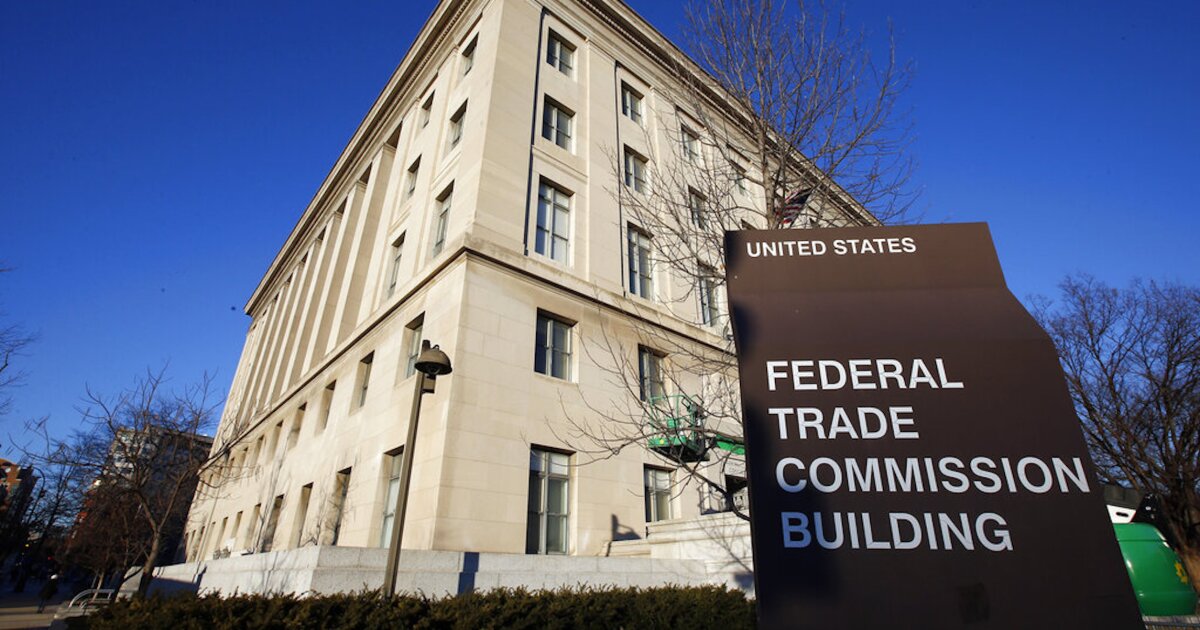

The Federal Trade Commission is proposing changes to privacy rules to force Big Tech companies to turn targeted advertising off by default for teenagers and restrict social media surveillance in schools.
The FTC announced a series of proposed changes to the Children’s Online Privacy Protection Rule on Wednesday to better protect the personal data of teenagers and limit companies from profiting from their personal data. The changes would force social media to have targeted advertising off by default, limit push notifications, restrict the surveillance of youth at school by educational technology, and strengthen data security for young users.
NIKKI HALEY’S 2024 CAMPAIGN MOMENTUM UNDER NEW SPOTLIGHT IN IOWA CAUCUSES
“Kids must be able to play and learn online without being endlessly tracked by companies looking to hoard and monetize their personal data,” said FTC Chair Lina Khan in a statement. “The proposed changes to COPPA are much-needed, especially in an era where online tools are essential for navigating daily life — and where firms are deploying increasingly sophisticated digital tools to surveil children.”
The commission’s proposed changes would also strengthen COPPA’s data security requirements, forcing Big Tech companies to have an information security program for kids and setting a time limit for holding children’s data.
The new rules would also expand the definition of “personal information” to include biometric information.
COPPA was introduced in 2000 to force certain websites collecting data on youth 13 or younger to provide notice to the parents and get their consent, which the FTC enforces. The law also limits the kinds of data websites can collect from children. The law has been amended a few times to ensure it is up to date with current technological trends. It was last changed in 2019 to account for voice-based connection technology and general audience platforms hosting child-focused content.
CLICK HERE TO READ MORE FROM THE WASHINGTON EXAMINER
The commission voted 3-0 in favor of publishing the rules. The public will now have 60 days to comment on the proposed changes.
The FTC is not the only one to propose updating legislation to protect teenagers. Sens. Marsha Blackburn and Richard Blumenthal reintroduced the Kids Online Safety Act in May 2023, which was quickly moved through the committee. KOSA would mandate social media companies to implement controls for users, such as options for limiting screen time, restricting addictive features, and limiting access to user profiles. The controls would be set by default to the strictest settings for users younger than 16.






